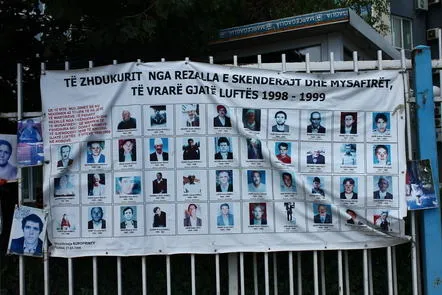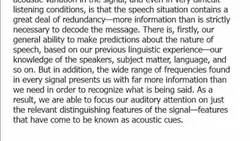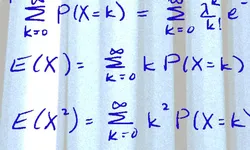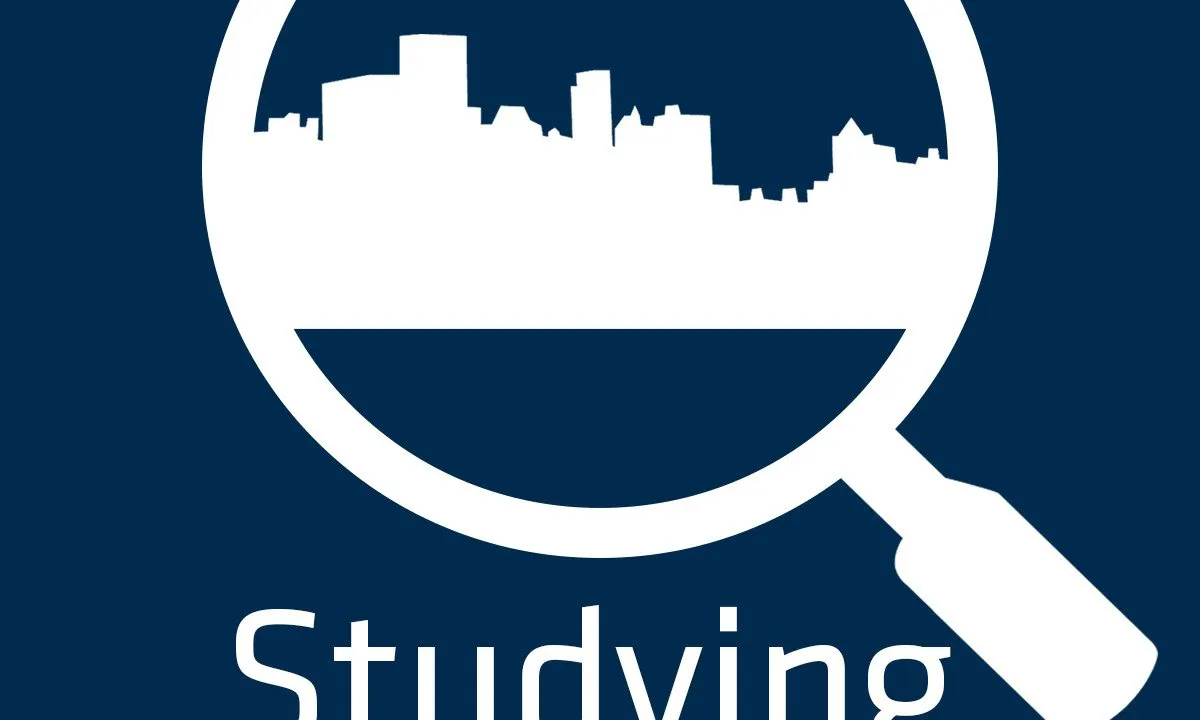
Accounting for Death in War: Separating Fact from Fiction 
This course will teach you how to accurately account for death in war. You will learn about the methods used to calculate war deaths, and apply them to particular wars. You will also debunk some widely circulated war-death claims and explore non-violent deaths caused indirectly by war. This course is suitable for anyone interested in war, history, politics, and the use and abuse of numbers and statistics. ▼
ADVERTISEMENT
Course Feature
![]() Cost:
Cost:
Free
![]() Provider:
Provider:
Futurelearn
![]() Certificate:
Certificate:
Paid Certification
![]() Language:
Language:
English
![]() Start Date:
Start Date:
Self paced
Course Overview
❗The content presented here is sourced directly from Futurelearn platform. For comprehensive course details, including enrollment information, simply click on the 'Go to class' link on our website.
Updated in [May 25th, 2023]
This course provides an overview of the methods used to account for war deaths and how to separate fact from fiction. Participants will explore the current methods used to calculate war deaths and apply them to particular wars. They will also debunk some widely circulated war-death claims and learn about estimates of non-violent deaths caused indirectly by war. This course is suitable for anyone interested in war, history and politics and/or the use and abuse of numbers and statistics. No advanced knowledge of mathematics is required.
[Applications]
Upon completion of this course, participants can apply the methods learned to other wars and conflicts to gain a better understanding of the death tolls associated with them. They can also use the knowledge gained to help inform political and societal debates and decisions. Additionally, participants can use the course to help debunk widely circulated war-death claims.
[Career Paths]
1. Military Analyst: Military analysts are responsible for analyzing data related to military operations and providing strategic advice to military leaders. They must have a strong understanding of military tactics and strategy, as well as the ability to interpret and analyze data. As the world becomes increasingly interconnected, the need for military analysts is expected to grow.
2. Conflict Resolution Specialist: Conflict resolution specialists are responsible for helping to resolve conflicts between parties, such as between nations or within organizations. They must have a strong understanding of the dynamics of conflict and be able to identify potential solutions. Conflict resolution specialists are in high demand as the world becomes increasingly interconnected and complex.
3. Humanitarian Aid Worker: Humanitarian aid workers provide assistance to people affected by natural disasters, armed conflicts, and other crises. They must have a strong understanding of the needs of those affected by crises and be able to provide assistance in a timely and effective manner. As the number of natural disasters and conflicts increases, the need for humanitarian aid workers is expected to grow.
4. War Crimes Investigator: War crimes investigators are responsible for investigating and prosecuting individuals accused of committing war crimes. They must have a strong understanding of international law and be able to collect and analyze evidence. As the number of conflicts and war crimes increases, the need for war crimes investigators is expected to grow.
[Education Paths]
1. Bachelor of Arts in History: A Bachelor of Arts in History is a great degree path for those interested in learning more about war, history, and politics. This degree will provide students with a comprehensive understanding of the past and how it has shaped the present. Students will learn about the major events and people that have shaped the world, as well as the methods used to study and interpret history. Additionally, this degree will provide students with the skills to analyze and interpret data, which is essential for understanding war deaths.
2. Bachelor of Science in Statistics: A Bachelor of Science in Statistics is a great degree path for those interested in learning more about the use and abuse of numbers and statistics. This degree will provide students with a comprehensive understanding of the principles of statistics and how to apply them to real-world problems. Students will learn about the methods used to collect, analyze, and interpret data, which is essential for understanding war deaths. Additionally, this degree will provide students with the skills to develop and use models to make predictions and draw conclusions.
3. Master of Public Health: A Master of Public Health is a great degree path for those interested in learning more about the non-violent deaths caused indirectly by war. This degree will provide students with a comprehensive understanding of the public health issues associated with war, such as disease, malnutrition, and displacement. Students will learn about the methods used to identify and address public health issues, as well as the strategies used to prevent and mitigate the effects of war. Additionally, this degree will provide students with the skills to develop and implement public health policies and programs.
4. Master of Science in Conflict Resolution: A Master of Science in Conflict Resolution is a great degree path for those interested in learning more about the causes and consequences of war. This degree will provide students with a comprehensive understanding of the theories and methods used to resolve conflicts and prevent war. Students will learn about the strategies used to identify and address the root causes of conflict, as well as the techniques used to negotiate and mediate disputes. Additionally, this degree will provide students with the skills to develop and implement conflict resolution policies and programs.
Course Provider

Provider Futurelearn's Stats at AZClass
Discussion and Reviews
0.0 (Based on 0 reviews)
Explore Similar Online Courses

Dependency Injection and the art of services and containers

GMAT Reading Comprehension Passage Explanations

Python for Informatics: Exploring Information

Social Network Analysis

Introduction to Systematic Review and Meta-Analysis

The Analytics Edge

DCO042 - Python For Informatics

Causal Diagrams: Draw Your Assumptions Before Your Conclusions

Whole genome sequencing of bacterial genomes - tools and applications

FA19: Statistical Modeling and Regression Analysis

Statistical Inference and Hypothesis Testing in Data Science Applications


Start your review of Accounting for Death in War: Separating Fact from Fiction